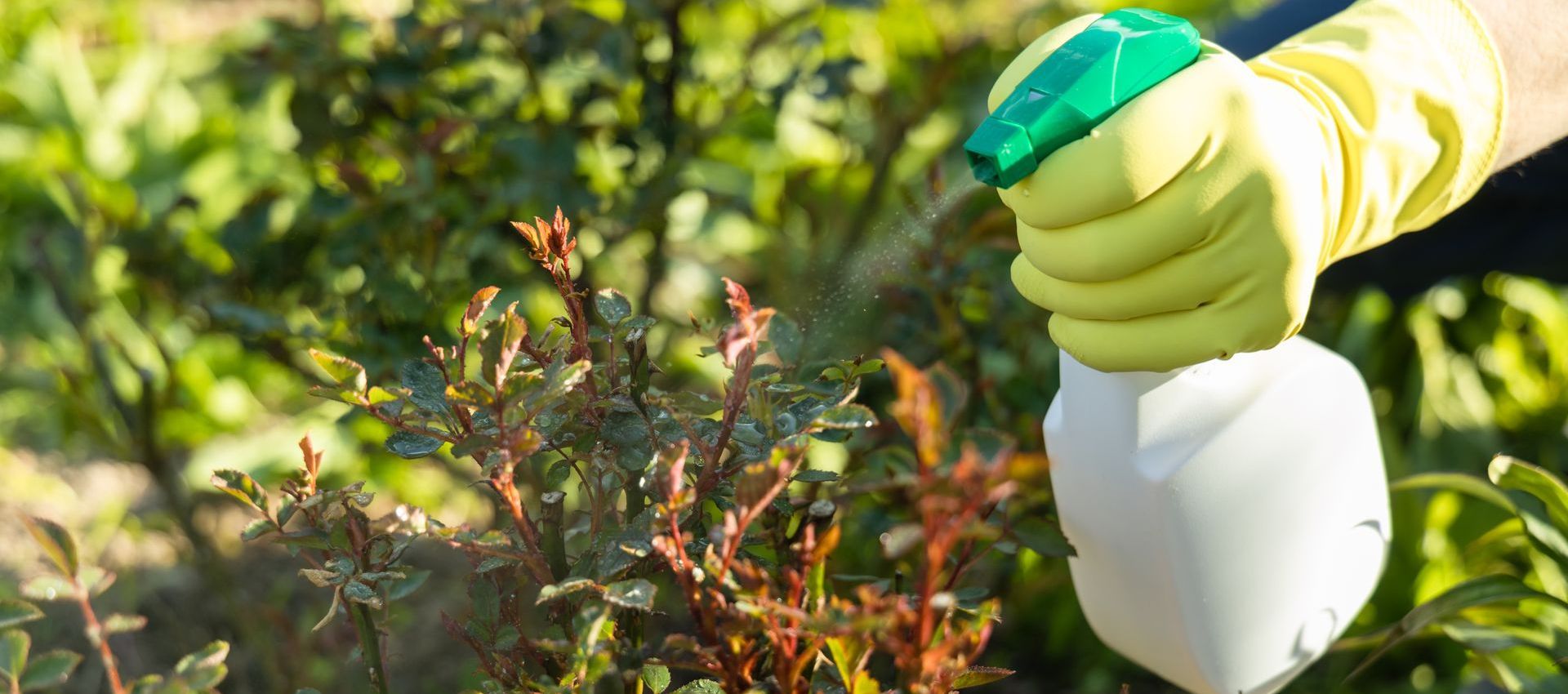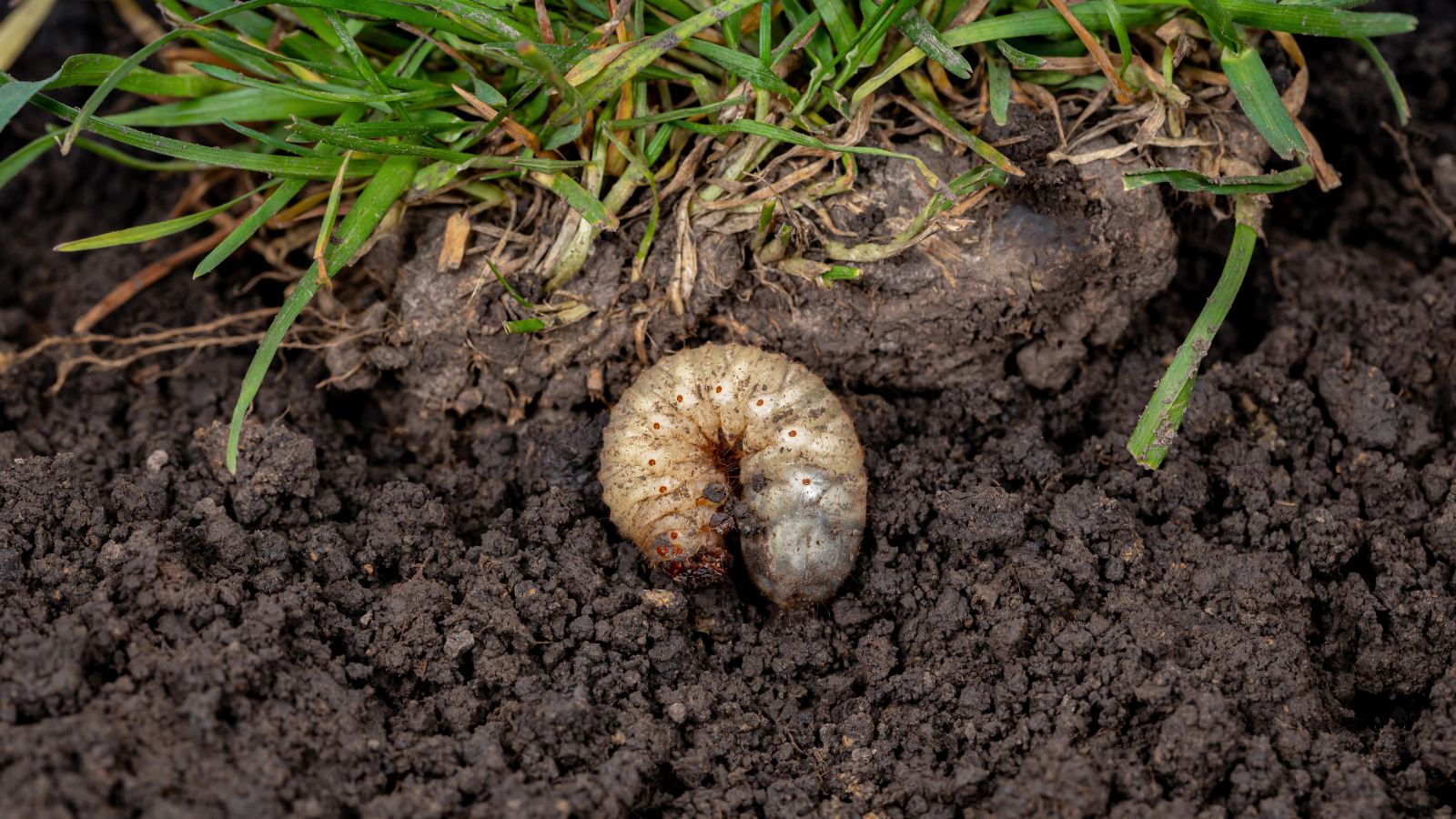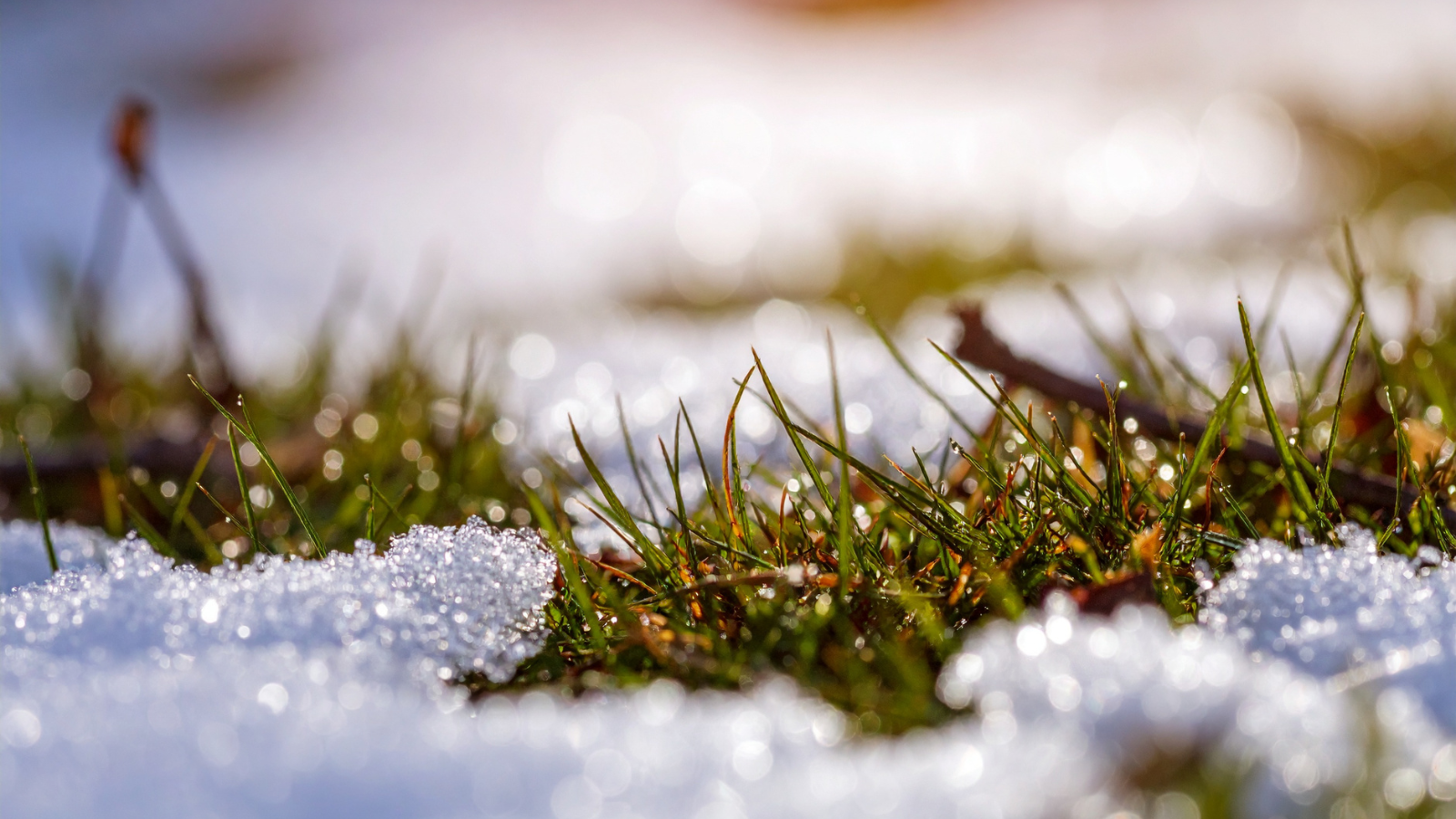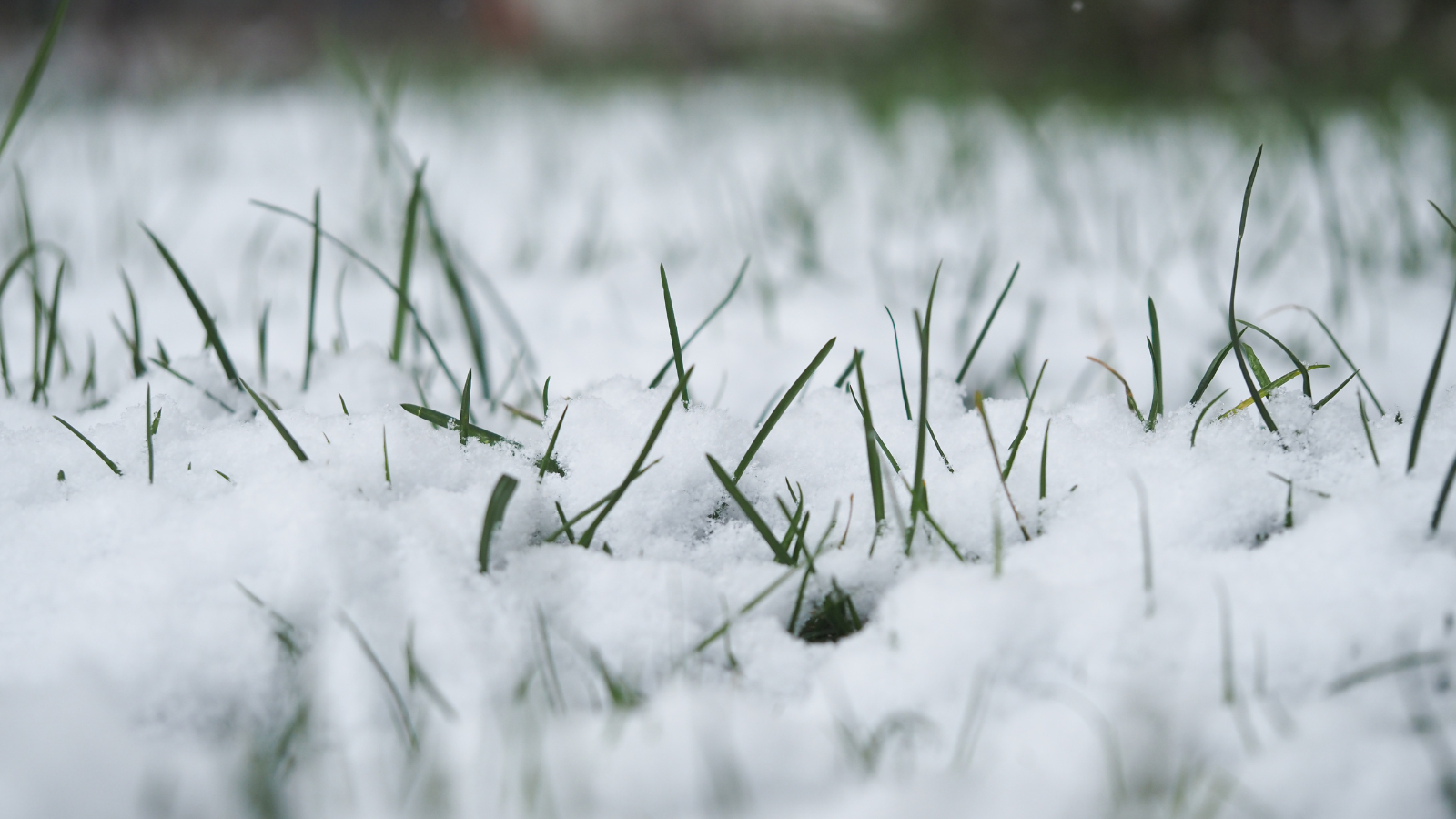June 30, 2025
Are DIY Pests Treatments Effective? Here’s what MI homeowners should know

When it comes to pest control, some homeowners might consider the Do-It-Yourself (DIY), rather than spending more for a professional treatment. While there are a variety of cheaper DIY alternatives, questions often arise about how effective these methods are when it comes to getting rid of pests.
Let’s explore some common DIY pest control methods to see whether they offer lasting results – and more importantly, whether they can do so without harming your plants, health or the environment.
First, What Exactly Are DIY Pest Control Treatments?
DIY methods are typically bought in-store or made from other alternatives. Many of these alternative treatments are typically homemade sprays that are used on plants. The most common spray is a simple mixture of dish soap and water, which is used to suffocate common pests like ants, flies and aphids.
However, additional ingredients may be added to increase its effectiveness. Some of these include:
- Vegetable oil: Sticks to insects and plant surfaces, also used to suffocate insects
- Garlic: Acts as a natural repellant for some bugs
- Hot pepper: deters pests from feeding on treated plants
- Neem oil: A natural insecticide that inhibits growth and reproduction
Other homemade solutions include:
- Tomato leaf spray – Unlike the other sprays, this one is made by soaking chopped tomato leaves in water, which releases natural compounds that repel pests like aphids and whiteflies.
- Essential oil – These oils are typically diluted with alcohol. Peppermint and cloves are commonly used to kill mites, aphids and gnats.
Another form of DIY treatment is store-bought ones. In many instances, these treatments are either sprayed or applied using a broadcast spreader.
Some store-bought applications include:
- Diatomaceous Earth: A naturally occurring substance used to treat pest infestations
- Neem oil: A natural insecticide that inhibits growth and reproduction
- Mirimichi Green Non-Toxic Pest Control: An organic option that kills pests and larvae
- Spectracide Triazicide: Used to treat grubs, chinch bugs and ants
- Bifen L/P Insecticide Granules: Gets rid of outdoor insects like ants, fleas and ticks
- Acelepryn: Kills grubs and armyworms
- Merit Imidacloprid 0.5G Granular Insecticide: Absorbed by the plant, this insecticide kills pests that feed on treated plants
So, Are They Effective?
Well, yes and no. While DIY treatments may successfully treat small infestations, they are not effective against larger, more complex pest problems. A treatment’s effectiveness also depends on what type of pest you're trying to get rid of.
For example, homeowners dealing with both ants and termites in their backyard might turn to a store-bought treatment to tackle the infestations. While it might work for the ant problem, it wouldn’t be nearly as effective against termites, which are much more difficult to eliminate.
Plus, some of these DIY treatments may actually harm your plants.
Unintended Consequences of DIY Treatments
When it comes to homemade treatments, there’s no exact measurement, which can create problems for your plants. If applied too frequently or in the wrong concentrations, these mixtures can burn leaves, clog pores or disrupt natural plant processes. In some cases, dish soap can strip away a plant’s protective waxy coating, leaving it vulnerable to disease and dehydration.
Store-bought treatments can pose similar risks. Even organic or non-toxic options can cause damage if not applied correctly. Products like neem oil or diatomaceous earth, while generally safe when used properly, may still stress plants when overused.
Additionally, granular insecticides that are absorbed by the plant can alter its chemistry and potentially impact pollinators. Without proper knowledge of dosage, timing and plant sensitivity, well-meaning DIY efforts can end up doing more harm than good.
Additional Impacts of Chemical Treatments
In untrained hands, these chemicals pose serious health concerns. Without the proper knowledge or protective gear, homeowners may risk chemical exposure. Coming into contact with these chemicals can irritate the skin, eyes, and respiratory system. In severe cases, a toxic reaction can even occur.
When used incorrectly, chemical applications can also:
- Harm important pollinators and wildlife that support local ecosystems
- Leach into the soil, disrupting microbes and soil
- Pollute water through runoff
- Contribute to reduced air quality
Consult a Professional for Safe, Lasting Pest Control
When it comes to pest control, it’s best to consult with a lawn care expert. They can quickly identify pests and develop a plan for treatment. A trained technician can safely apply chemical treatments, which lowers the risk of overapplication and chemical exposure.
Having the job done right the first time can save homeowners time and money. Plus, technicians have access to specialized equipment and products, which can produce lasting results with fewer applications.
Need Professional Pest Control? Contact Visionary Fertilization Today!
If you’re dealing with unwanted pests in your lawn or garden, our team at Visionary Fertilization can tackle the problem safely and effectively. Located in Shelby Township, we serve the surrounding communities in Macomb County.
For more information about our pest control services, give us a call at 586-315-6384. To learn more about other services, including our tree and shrub program, click the link here.




